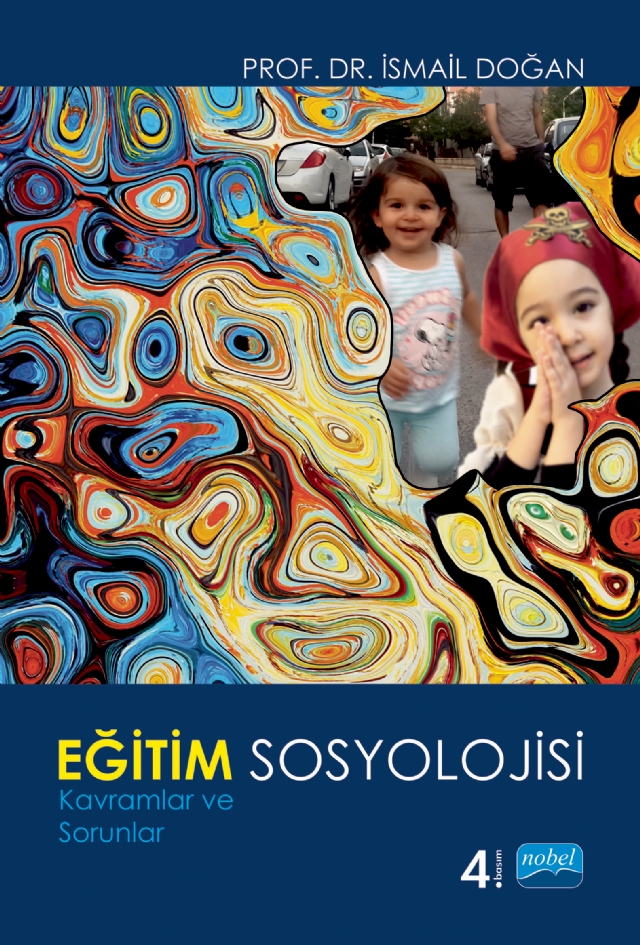Educational Sociology \ 1-1

Social and cultural anthropology, which started to focus on education through child-rearing, childhood and psychological anthropology studies, gradually focused on education, class, ethnicity, language and religion, as well as with space, production, relations, institutions, etc. formed a coherent point of view. Thanks to ethnography, anthropologists write studies that can go into details and aim to understand and explain the community in depth and pattern. Learning, teaching, school and schooling, acculturation, identity, difference, discrimination, access to education, adequacy of educational opportunities, etc. They conduct research that addresses economic, political and social inequalities.
With the aim of making an introductory contribution to the developing educational anthropology studies in Turkey, this book covers educational anthropology with a broad perspective from the history of education to school ethnographies, the content of anthropology to its theories, the importance of language in education to cultural heritage, multiculturalism and globalization. Thus, the book offers a versatile content that appeals to sociology and educational sciences as well as social and cultural anthropology.
With the aim of making an introductory contribution to the developing educational anthropology studies in Turkey, this book covers educational anthropology with a broad perspective from the history of education to school ethnographies, the content of anthropology to its theories, the importance of language in education to cultural heritage, multiculturalism and globalization. Thus, the book offers a versatile content that appeals to sociology and educational sciences as well as social and cultural anthropology.

This book is the product of many years of experience and knowledge devoted to the "Social and Historical Foundations of Education". prof. Dr. In this work, İsmail Doğan brings together the theoretical and conceptual dimensions of the sociology of education with the educational and cultural realities of Turkish society. In addition to Western sociologists and theorists, Turkish intellectuals and thinkers who have opened an educational corridor to the problems of the country and society have an important place in the content of the book in proportion to their closeness and inclination to the sociological style and method. The contributions of Ali Suavi, Münif Pasha, Prince Sabahattin, Ziya Gökalp, İsmail Hakkı Baltacıoğlu, Mümtaz Turhan, Nurettin Topçu, Nusret Köymen and many Turkish intellectuals to the sociology of education are considered in this context.
From Ibn Khaldun to Emile Durkheim, from Max Weber to Paulo Freire, the story gives a universal perspective and experience to the academic problems of the sociology of education. The content that stands out in this framework, on the other hand, provides an objective journey to the traditional and current problems of the sociology of education.
From Ibn Khaldun to Emile Durkheim, from Max Weber to Paulo Freire, the story gives a universal perspective and experience to the academic problems of the sociology of education. The content that stands out in this framework, on the other hand, provides an objective journey to the traditional and current problems of the sociology of education.